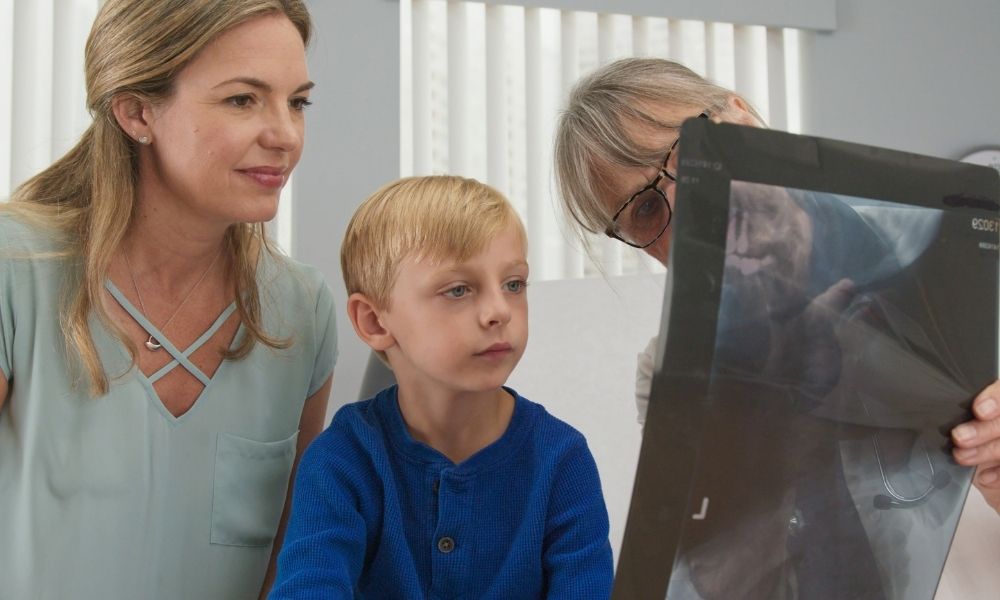A scoliosis diagnosis isn’t easy for anyone, but it’s also not the end of the world. While your child might have a hard time dealing with their condition, you can support them through the process. The encouraging ways parents can help children with scoliosis go beyond getting them the treatment they need; you need to be there for them emotionally as well. Here is how you can help.
Listen to Your Child
When you listen to your child and validate their feelings, that can relieve some of the stress that comes with a chronic condition. Let your child vent and display their emotions. Find healthy ways for them to express their frustrations during this difficult time.
Show your child that you’re listening, too. Take what your kid says to heart, and do what you can to make the situation better. You may need to talk to their doctor or teachers to help find solutions to what they are facing.
Monitor Treatment
An important part of supporting your child through scoliosis treatment is to keep track of it. For instance, if they need to wear a brace, make sure they have it on for the full length of time that their doctor recommends. Many braces come with an app to help you keep track of when your child is wearing their device and for how long.
Consider Counseling
Recognize when your child is experiencing signs of stress, and seek professional counseling if you can’t help. Find a counselor who has experience working with children with disabilities. Professional youth and family counselors can help you talk to your child and support their specific needs.
Pro Tip: Remember that treatment for scoliosis is a family affair. The entire family needs to understand the program to ensure that your child is successful.
Meet Your Child Where They Are
What works for one child may not work for another. Not all children will want to tell their friends and family members about their condition and treatment right away. Let them tell people about it in their own time.
Talk About Treatment
Have regular conversations with your child about their condition and the benefits of their treatment. For instance, if they are using a brace, it may be to prevent scoliosis correction surgery. Talk to your child about the importance of consistently wearing their brace and what could happen if they don’t follow their treatment protocol.
The most encouraging ways parents can help children with scoliosis are to listen to their concerns and talk to them about the reasons for their treatment. Manage your child’s condition between doctor appointments, and consider seeing a counselor if they show signs of extreme stress. Your family isn’t alone during this difficult time.

